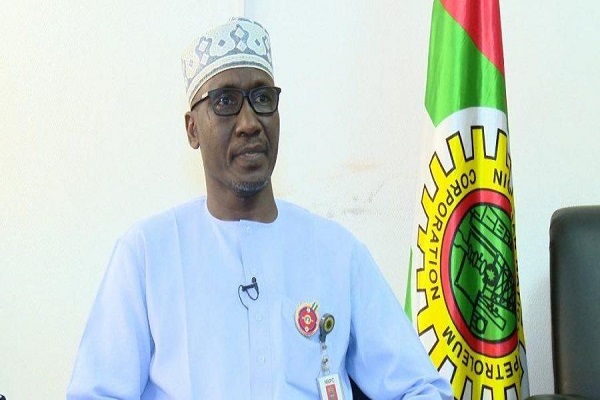
Going by the words of Nigerian National Petroleum Company Limited (NNPCL) Group Managing Director/ Chief Executive Officer (GMD/CEO) Mele Kyari, petrol will sell for between N320 and N340 per liter from February, next year.
Kyayi, who said Nigeria would be out of the subsidy regime in the first quarter of 2022, explained that subsidy would have been eliminated this year, but for certain factors that prevented it.
However, the Federal Government is planning to give N5,000 each to 40 million Nigerians, representing 40 per cent of the country’s 200 million population, next year to coincide with the take off of the subsidy removal.
– Advertisement –
The NNPCL boss spoke in Abuja at the presentation of the November edition of the World Bank Nigeria Development Update, titled: “Time for Business Unusual.”
But, the Trade Union Congress (TUC) cautioned the Federal Government against unilateral removal or stoppage of petrol subsidy regime.
The organised labour warned that removing subsidy without meeting labour’s demands will be met with stiff resistance.
Kyari said: “There will be no provision for it legally in our system, but I am also sure you will appreciate that government has a bigger social responsibility to cater for the ordinary and therefore engage in a process that will ensure that we exit in the most subtle and easy manner.”
He assured that fuel subsidy removal would definitely be achieved in 2022 as it was now fully backed by law, adding that the price of the product may range between N320 and N340 per liter.
Kaduna State Governor Nasir El-Rufai assured of governors readiness to back the plan to eliminate the subsidy regime.
El-Rufai gave the assurance as a panelist, who joined the World Bank presentation virtually, said that if the regime of fuel subsidy was not eliminated, 35 out of the 36 states of the federation may not be able to pay salaries next year.
According to him, kerosene which matters most to the masses had been regulated without any hitches, while diesel which was most important to transporters had also been regulated for a long time.
He said: “This hullabaloo about petrol is something that we must as a country have a conversation and agree that it has to end. We cannot continue to provide petroleum to our neighbouring countries, which is what we are doing.


















































